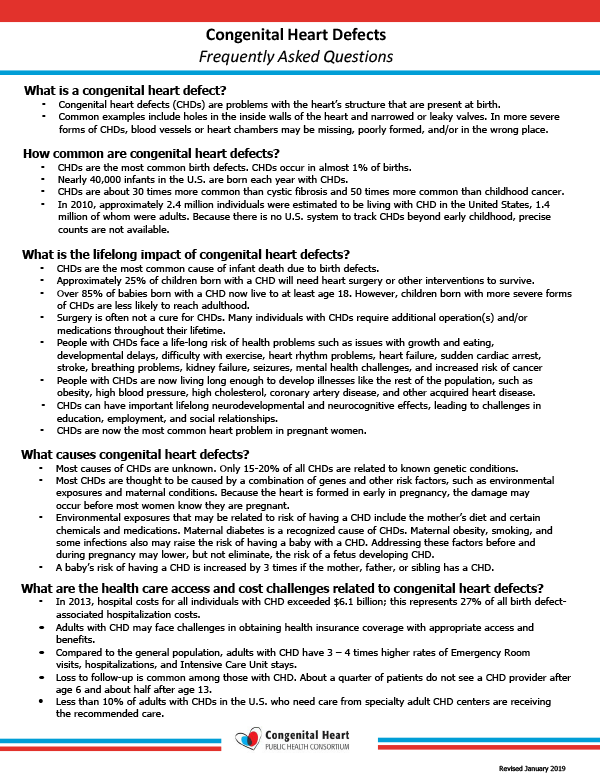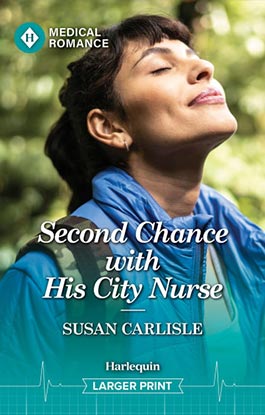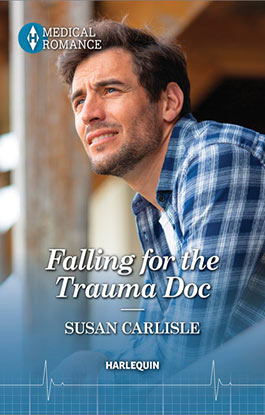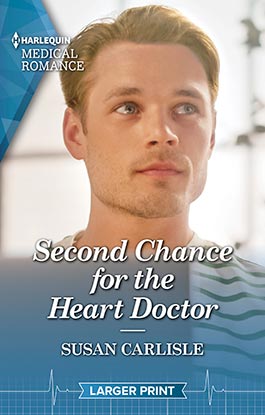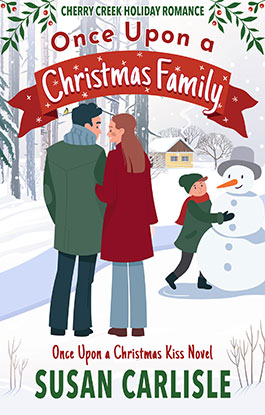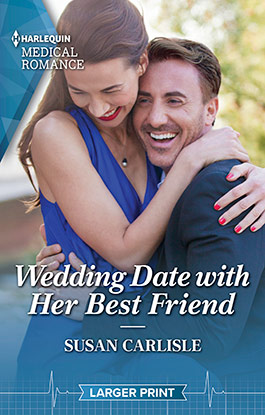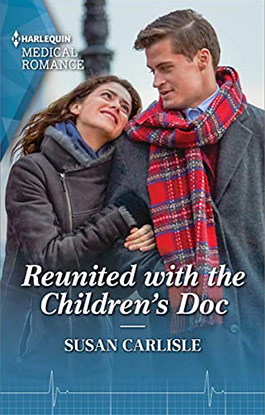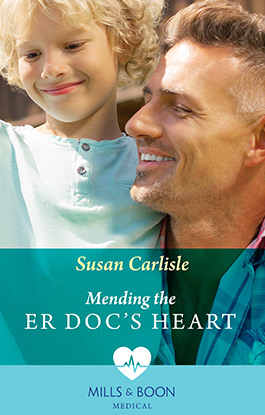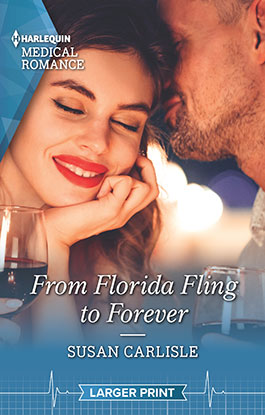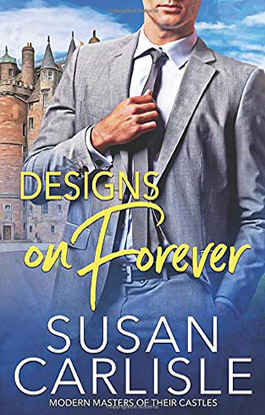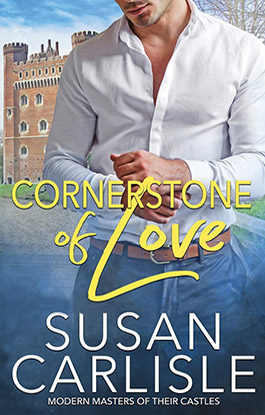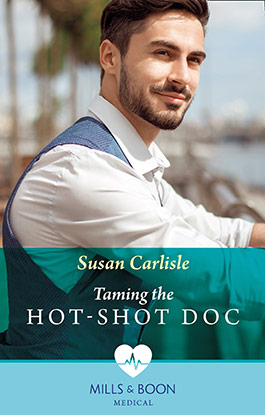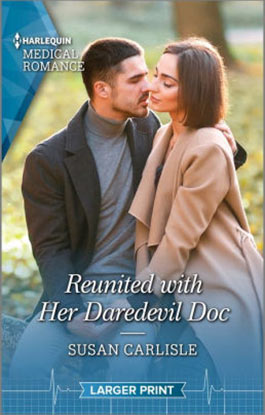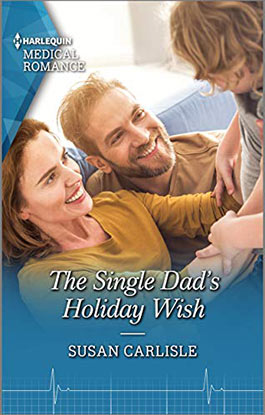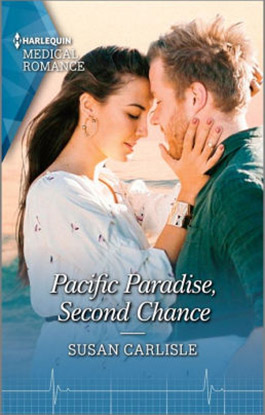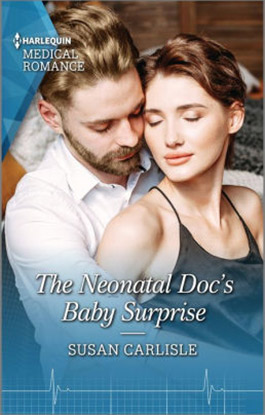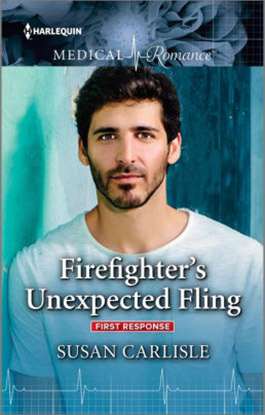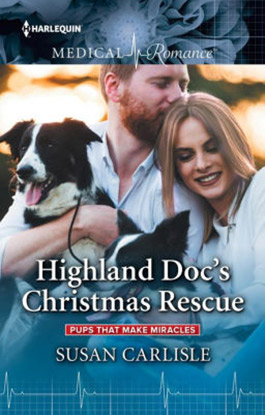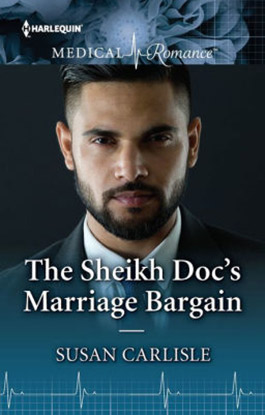Important to Me
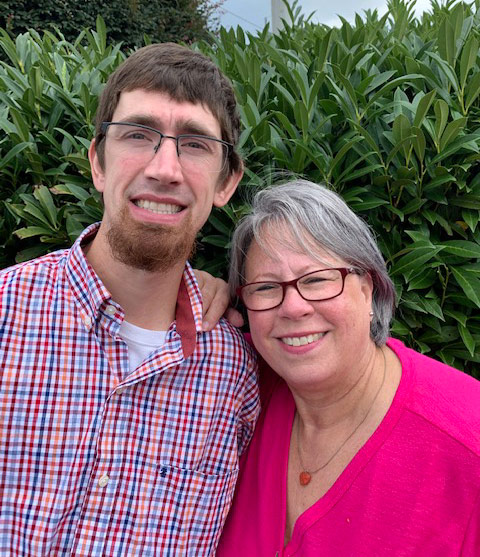
My youngest son, Nick received a heart transplant at one year old. Today, he is in his thirties, married, has a daughter, is employed and owns his home. Nice normal things. Because a family, during the most difficult time in their lives, donated their loved one’s organs Nick is alive and living well today.

American Heart Association tips for a better you:
- Think lifestyle, not diet. The small choices can make a big difference.
- Read an article on physical activity and try one new tip.
- Use the nutrition facts panel and ingredients list when choosing foods to buy.
- Make a plan. Plan your meals, your grocery list, your snacks and your physical activity.
- Write your physical activity time on your calendar. Make an appointment with yourself-and don’t break it.
- Check food labels for number of servings per container.
- Dip your fork in salad dressing before each bite. You get the favor without all the calories.
- Help someone develop healthy habits.
- Write down your eating and physical activity habits to help you track your challenges and successes.
- Don’t let your mood control your food. Ask yourself why you want to eat before you pick up a snack.
The Need is Real
My son, Nick, was born with a malformed heart. Out of the six major heart birth defects a child can be born with, he had four. Nick only had a three chambered heart when he should have had four. He had his first heart surgery at five days old. At three months old, Nick had another surgery and after this one he spent six weeks on a respirator in ICU. He needed another heart surgery when he was one and this time almost died on the OR table. Just before he turned two he received a heart transplant. When Nick was nineteen he almost died from endocarditis which is an infection that attacked his heart, and he had to have another surgery to replace his aorta. Nick’s New Heart 30 Years and Counting… is Nick’s story in book form written by me.
- 110, 600 people are waiting for an organ
- 18 people will die each day waiting for an organ
- 1 person can save up to 8 lives
Donor Facts:
- Anyone can be a potential donor regardless of age, race, or medical history.
- All major religions in the United States support organ, eye and tissue donation and see it as the final act of love and generosity toward others.
- If you are sick or injured and admitted to the hospital, the number one priority is to save your life. Organ, eye and tissue donation can only be considered after you are deceased.
- When you are on the waiting list for an organ, what really counts is the severity of your illness, time spent waiting, blood type, and other important medical information, not your financial status or celebrity status.
- An open casket funeral is possible for organ, eye and tissue donors. Through the entire donation process the body is treated with care, respect and dignity.
- There is no cost to the donor or their family for organ or tissue donation.




